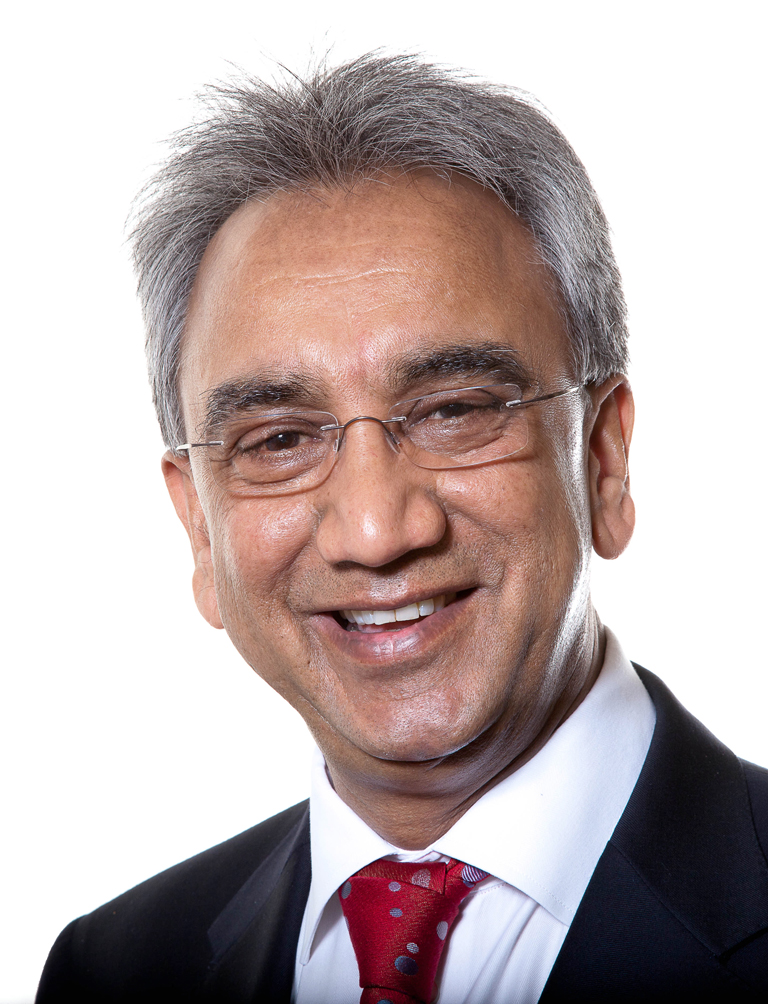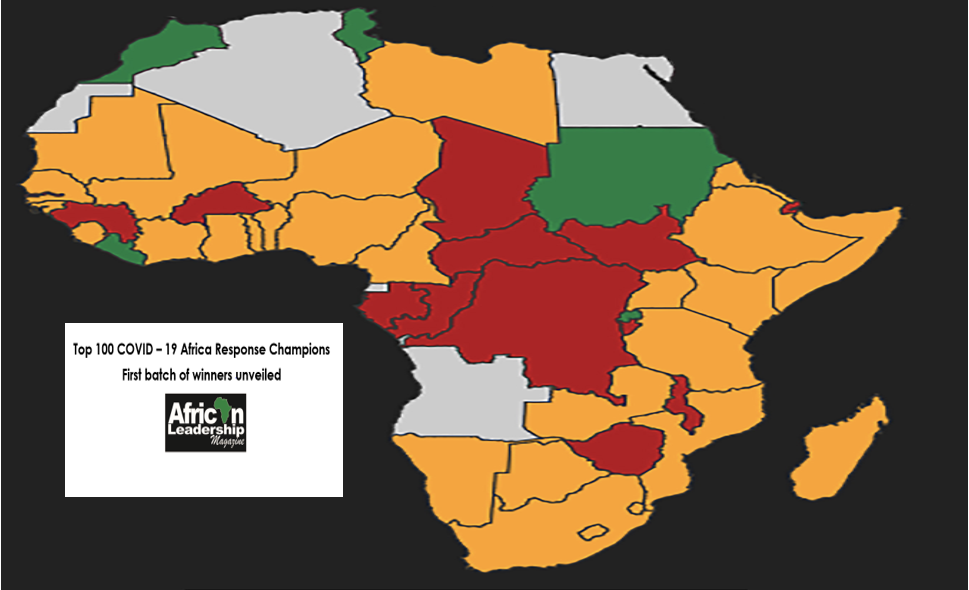All over the world, education has been identified as the bedrock of development. However, the defective education system in Nigeria has continued to clog the wheel of progress. From inadequate funding; to poor educational infrastructures, Nigeria’s educational system has been plagued with myriads of problems. In addition to these inadequacies, Nigeria’s school system has failed to equip students with the requisite capacity for entrepreneurship needed for life outside of paid employment.
However, the Niger Delta University under the leadership of Professor Samuel Edoumiekumo is changing the face of academic pursuit, by blending education and entrepreneurship. Prof. Edoumiekumo, a banker, turned academic is a firebrand administrator, whose out-of-the-box thinking is helping to reposition the institution for global acclaim.
In this exclusive interview with African Leadership Magazine UK, Prof. Samuel Edoumiekumo the Vice-Chancellor of the Niger Delta University talks about his efforts towards building a world-class institution in Nigeria, challenges, as well as opportunities for partnerships.
Excerpts.
You had a brief stint in banking before venturing into the academic field. Tell us more about what spurred your foray into the academic world?
Growing up in life, I have always been so sensitive to my calling to impact humanity and contribute meaningfully to society’s growth. I realized that my sojourns into the banking sector at the level where I was, was not directly changing society as I expected. Though I was successful, the success was personal; therefore, I was not deriving satisfaction. Many discouraged me from leaving the banking industry because I was successful, but they do not understand my calling in life. So I left for the academia where I believe I am excelling. I have impacted on thousands of young men and women and have created a University Leadership style that many are emulating. So I am a fulfilled man.
The Niger Delta University is redefining tertiary education in Nigeria, by blending entrepreneurship and academics.
Tell us more about this initiative.
The Niger Delta University is truly redefining tertiary education in Nigeria as we combine various employability skills for students as part of the curriculum. The University has a policy that every student must graduate with relevant expertise apart from the academic qualification. This policy has led to job creation as well as the development of innovations and products that are addressing socio-economic issues such as poverty, lack of jobs, health and youth restiveness. The University has nine well-developed workshops in the Entrepreneurship Centre where students acquire such relevant skills. More so, sports and games facilities exist for the development of athletic skills. The feedback from the students is impressive.
The students from NDU’s Department of Marine Engineering recently built and successfully tested a Hovercraft. How has the school been able to connect such innovations with funding partners for scalability?
The idea of the Hovercraft arose because of the problematic operational terrains of oil and gas explorations and coastal security in the Niger Delta region. It placed a critical need for the design, building and commissioning of low-draught, high-speed surface crafts, HSCs, for the deployment of personnel and delivery of logistics between companies’ shore-based and operational fields. Some of the accruable economic and technical benefits of the Hovercraft are:
Provision of employment for our youth since it is locally manufactured and commercialized;
Human capacity building and development since it is a local content-driven technology;
Provision of cheap and effective means of riverine transportation;
Production of an all-terrain pliable utility vehicle for oil and gas exploration and exploitation in the Region;
Production of a swift and structurally reinforced vehicle for an emergency rescue operation, coastal security, especially for combating militancy and criminality in the creeks
Thus, the University is making efforts to collaborate with the Nigerian Content Development and Monitoring Board (NCDMB), the Oil and Gas Companies, the Nigerian Navy and other marine operators to scale up the project. Efforts are on-going to obtain the patent for the research breakthrough, but the COVID-19 pandemic has stalled it.
The Niger Delta University has been rated as one of the best universities in Nigeria and Africa at large. What makes the institution stand out?
The only difference is that we do things differently. The staff of the University demonstrate an extraordinary passion for duty. This is equally true with the students. Thus, our graduates are excelling in their postgraduate studies within and outside Nigerian universities such as University of Dundee, United Kingdom, University of Cranfield, United Kingdom, University of Capetown, South Africa and others.
More so, NDU places a premium on Quality Assurance Control for all disciplines. All the 70-degree awarding programmes of the University are fully accredited by the National Universities Commission (NUC). In the same vein, all the professional courses are also certified by the respective professional bodies. The adoption of the conference and panel grading of students’ scripts in all disciplines is another novel breakthrough. We set the pace for others to follow. Again, the name of the University (Niger Delta University) stands out as a brand. These are some of the few things that make the institution stand out.
Nigeria is facing dwindling morals, which used to be the country’s forte. How is NDU helping to shape the young people in character and learning correctly?
The University places a lot of emphasis on the character development of students, alongside academic development. Grading and certification of students are purely based on character and learning. Furthermore, the University instils discipline among students through the Students’ Disciplinary Committee, where disciplinary cases are handled. The prompt and unbiased functioning of the Committee has promoted discipline and orderliness among students. So in NDU, contravening the rules and regulations is a taboo. Therefore, all the social vices we hear on campus in other public schools have been curtailed.
Funding has been described as one of the significant challenges to quality tertiary education in Nigeria. Under your leadership, the NDU has managed to work within a limited budget to deliver world-class infrastructure and immersive learning experience for your students. How were you able to achieve this feat?
I am an Economist by profession. Thus, I apply most of the reliable Economic theories in the administration of finance in the University, and I see them yielding results. We engage in the following to achieve results: Sustainable Business Management Approach, relationship building, prompt payment of salaries, participatory method, staff and student involvement and cost control measures. Mostly, we are just prudent in the utilization of resources. Corruption is not tolerated in NDU.
Many analysts have also described the near absence of quality research and research-to-market developments as the bane of the country’s tertiary institutions. How has NDU fared in the area of research and development?
The University has a reliable and committed Research Committee. Following the research intervention from the Tertiary Education Trust Fund (TETFund), significant research has been undertaken by scholars in the University. In all, a considerable amount has been spent by (TETFund) to fund forty-five (45) researches in the University. These fundings have helped to improve the research capacity of academics at the University. The Tertiary Education Trust Fund (TETFund) must be commended for this support.
Very few tertiary institutions in the country have embraced the subjects of the future, like robotics; artificial intelligence, among others. What is NDU doing to set the pace in these fields?
The University has fully embraced this new concept of Artificial Intelligence (AI) and Machine Learning (ML). To achieve this, the University is collaborating with the Santa Clara University (SCU), Santa Clara, California in the United States of America. To this end, distinguished lecturer, Prof Tokunbo Ogunfunmi, who is a Professor of Electrical Engineering and Director of the Signal Processing Research Laboratory at Santa Clara University, California was invited to deliver a lecture on, “Applications of Artificial Intelligence (AI) and Machine Learning (ML) to Developing Economies”. The lecture was given at the Niger Delta University on the 22nd of July, 2019 to establish the foundation for the collaboration.
You have been described by many as dogged leader, who strives to achieve monumental feats. What inspires you to pursue and accomplish difficult tasks?
My inspiration is basically from the Bible when Moses the Prophet was sent by God to deliver the Israelites from the hands of Pharaoh. God admonished him to be courageous, so courage is my driving force alongside the desire to impact on humanity and society. Again, I am also inspired to contribute my quota to the development of my dear state, irrespective of the odds.
What would you like to be remembered for, upon the completion of your tour of duty at NDU?
Very simple: As the Vice-Chancellor who transformed the University to be a Centre of Excellence with the capacity to contribute towards providing solutions to the challenges in the Niger Delta, Nigeria and the world at large. Also, I would like to be remembered as someone who stood for the truth and always seen to do the right thing.


